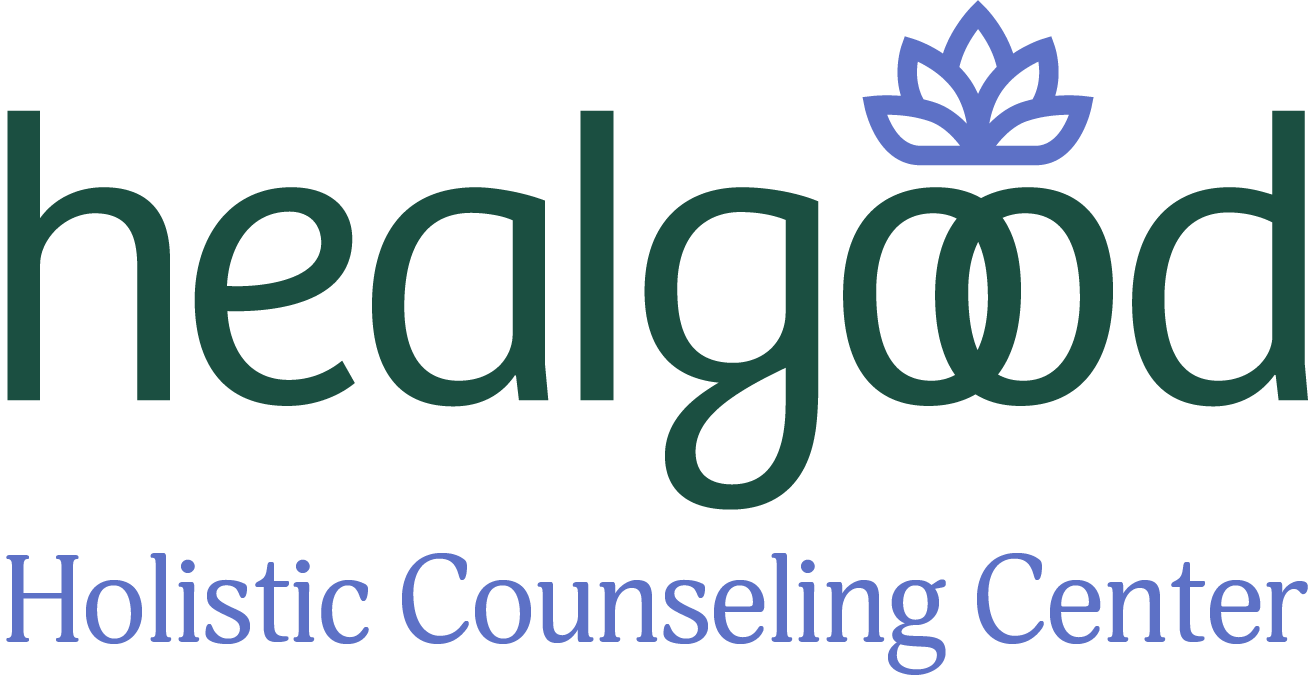Shining a Light on Maternal Mental Health (MMH) for World MMH Day
Contributed by Chelsea Fielder-Jenks, MA, LPC-S, CEDS-S, PMH-CMay 1st marks World Maternal Mental Health Day, a day dedicated to raising awareness about the essential mental health concerns facing mothers and families worldwide. This day shines a light on the significant impact of maternal mental health (MMH) on the well-being of mothers, fathers, children, and the entire family unit.
SOURCE: https://wmmhday.postpartum.net/
A vulnerable life stage
Pregnancy and the postpartum period bring about profound life changes, making women more vulnerable to mental illness. According to global statistics, as many as 1 in 5 women experience some form of perinatal mood and anxiety disorder (PMAD), encompassing conditions such as postpartum depression, anxiety, and psychosis. Despite its prevalence, estimates suggest that 7 in 10 women hide or downplay their symptoms, underscoring the urgent need for understanding, support, and treatment.
It's important to recognize that perinatal mood disorders affect the entire family. Approximately 1 in 10 fathers also experience depression during this time, highlighting the need for an integrated approach to family mental health. By addressing the mental health needs of both parents, we can foster a thriving family unit beyond the postpartum period.
SOURCE: https://wmmhday.postpartum.net/
Additionally, it's essential to acknowledge the profound impact of pregnancy loss and complications on MMH. An estimated 20-25% of pregnancies end in miscarriage or stillbirth, and many women who experience this trauma also grapple with postpartum depression. Moreover, giving birth to a premature child or having a child spend extended time in a Neonatal Intensive Care Unit can further strain MMH.
The negative cycle of poverty and mental illness further exacerbates the challenges faced by mothers, impacting their ability to function and thrive. This not only affects the mother's well-being but also has far-reaching consequences for her fetus or child, with potential long-lasting physical, cognitive, and emotional outcomes.
However, there is hope. Mental health care plays a crucial role in providing the necessary support to empower women to identify resources and personal capabilities, enhancing their resilience to difficult life circumstances. By nurturing MMH, we not only support mothers but also lay the foundation for long-term social development.
SOURCE: https://wmmhday.postpartum.net/
On World MMH Day, let us reaffirm our commitment to nurturing MMH and supporting mothers, fathers, and families worldwide. Together, we can create a world where every parent and family receives the care, understanding, and support they need to thrive, fostering healthier families and communities for generations to come.
Our team at Healgood is led by Chelsea Fielder-Jenks, LPC-S, CEDS-S, who is also Perinatal Mental Health Certified (PMH-C) by the leading MMH organization, Postpartum Support International. At Healgood, we specialize in treating perinatal mood and anxiety disorders while also providing comprehensive prevention resources to support maternal mental health throughout the perinatal journey. We also specializing in treating those who are experiencing or recovering from an eating disorder during the perinatal period. If you or a loved one is in need of further support, please reach out.
Further Resources & Supports
Postpartum Support International:
Call the PSI HelpLine: 1-800-944-4773 - #1 En Español or #2 English
Text “Help” to 800-944-4773 (EN) | Text en Español: 971-203-7773
Download “Connect by PSI” in your app store.
National Maternal Mental Health Hotline (US only) - 60 Languages
Global Resources: https://wmmhday.postpartum.net/share-your-project/
PREGNANCY AND POSTPARTUM HEALTH ALLIANCE OF TEXAS - https://www.pphatx.org/
Find a MMH specialist (PMH-C) in the Austin area: https://www.pphatx.org/kristis-list
Continuing Education For Professionals
Learn more about Perinatal Mental Health and Identifying Eating Disorders in the Perinatal Period with Healgood’s Continuing Education Courses.
Reference: “WMMH Day - World Maternal Mental Health Awareness Day.” WMMH Day, https://wmmhday.postpartum.net. Accessed 1 May 2024.





